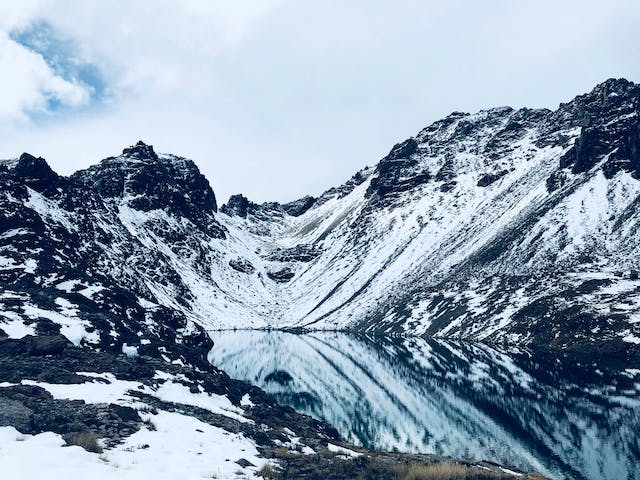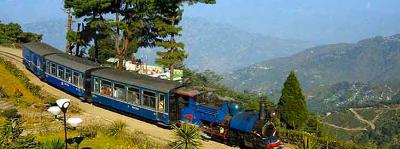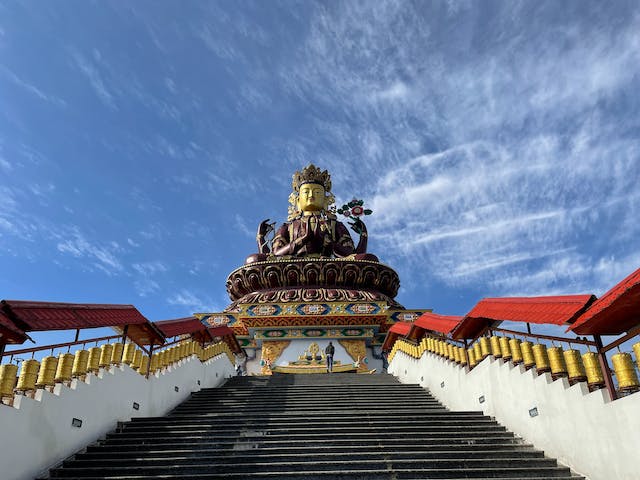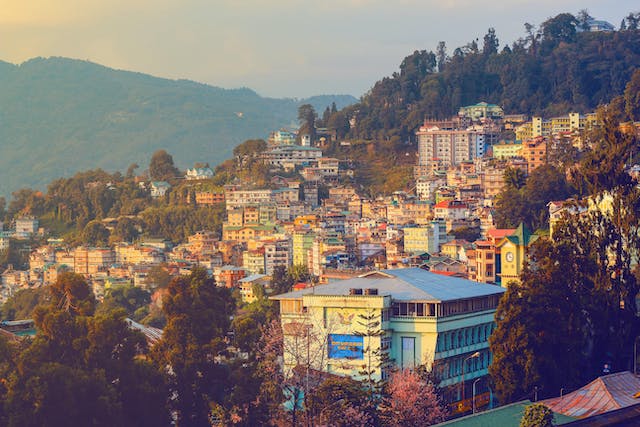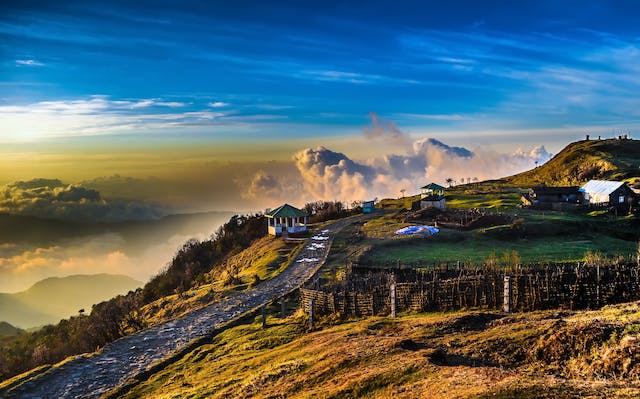Is Sikkim is safe for travel?
Is Sikkim Safe for Travel?
Sikkim, known as the Land of Mystical Splendor, nestled in the Himalayas of northeastern India, is a paradise for nature lovers and adventure enthusiasts. With its breathtaking landscapes, serene monasteries, and rich cultural heritage, Sikkim has become a popular tourist destination in recent years. However, before planning a trip to this beautiful state, many travelers often ask the question, "Is Sikkim safe for travel?" In this blog post, we will delve into the safety aspects of visiting Sikkim and provide you with all the information you need to know.
Natural Disasters:
One of the primary concerns for travelers is the risk of natural disasters in Sikkim. Being situated in a seismic zone, the state is prone to earthquakes. However, the local government has taken several measures to ensure the safety of residents and tourists alike. Buildings and infrastructure in the state are constructed to withstand earthquakes, and regular safety inspections are conducted to maintain the quality of these structures. Additionally, Sikkim has a well-equipped disaster management team that works tirelessly to mitigate any risks associated with natural calamities.
The state is also known for its heavy rainfall and occasional landslides during the monsoon season. While these can disrupt travel plans, the local authorities closely monitor weather conditions and take necessary precautions to ensure the safety of travelers. It is advisable to check weather updates and road conditions before embarking on your journey and follow the instructions of local authorities in case of any emergency.
Crime Rate:
Sikkim is considered relatively safe in terms of crime. The state has a low crime rate compared to many other popular tourist destinations in India. The local population is warm, friendly, and welcoming towards tourists. However, it is always important to exercise basic caution and take necessary precautions, as you would in any unfamiliar place.
Like in any other tourist destination, pickpocketing and theft can occur, especially in crowded places. It is advisable to keep your belongings secure and be aware of your surroundings. Avoid displaying large amounts of cash or valuable items in public. Using a money belt or carrying a small backpack with anti-theft features can help reduce any potential risks.
Women travelers are generally safe in Sikkim. However, it is essential to exercise caution and use common sense. Dress modestly and respectfully, especially when visiting religious sites. Avoid traveling alone at night and stick to well-lit and busy areas. If you are uncomfortable or face any harassment, do not hesitate to seek help from local authorities or hotel staff.
Health and Hygiene:
One of the concerns while traveling is the availability of proper healthcare facilities. Sikkim has a well-developed healthcare system, with government hospitals, private clinics, and pharmacies located across the state. It is recommended to have travel insurance that covers medical emergencies and to carry a basic first aid kit with essential medication.
Sikkim is also renowned for its cleanliness and is often known as the "Cleanest State" in India. The local government has taken significant steps to maintain cleanliness and promote hygiene. However, it is always advisable to drink bottled water and eat at clean and hygienic restaurants to avoid any risk of foodborne illnesses.
Road Safety:
While exploring Sikkim, you will witness some of the most breathtaking landscapes. However, the mountainous terrain can make driving challenging, especially for those who are not accustomed to such conditions. It is recommended to hire a local driver who is experienced in navigating these roads.
Be prepared for narrow and winding roads, steep drops, and occasional landslides. Follow the instructions of your driver and adhere to traffic rules. It is advisable to travel during the daytime and avoid night journeys, as the visibility may be limited. Make sure your vehicle is in good condition and equipped with safety features such as seat belts and airbags.
Trekking and Adventure Activities:
Sikkim offers a wide range of adventure activities, including trekking, mountaineering, and river rafting. When participating in these activities, it is essential to choose licensed operators who have experienced guides and proper safety equipment. Always follow the instructions of your guide and do not take unnecessary risks.
It is advisable to acclimatize yourself to the high-altitude conditions before attempting any strenuous activities. Stay hydrated, take breaks, and listen to your body. Altitude sickness can be a risk in higher regions, such as North Sikkim or while trekking to places like Goecha La or Kanchenjunga Base Camp.
Conclusion:
Overall, Sikkim is considered to be a safe destination for travelers. The local government places great importance on the safety and well-being of tourists. However, as with any travel destination, it is crucial to remain vigilant, take necessary precautions, and be mindful of local customs and laws. By following these guidelines, you can have a memorable and safe experience exploring the magical landscapes of Sikkim.
Remember, the journey is what matters, so travel responsibly and create beautiful memories. If you have any questions or concerns about traveling to Sikkim, feel free to leave a comment below. Happy travels!
Don't forget to share this blog post with your friends and fellow travelers!
Disclaimer : The information provided in this blog is for general informational purposes only. While we strive to keep the content accurate and updated, TravelSetu assumes no liability for errors or omissions. If you believe any part of this blog infringes your rights or causes concern, please notify us immediately at info[at]travelsetu[dot]com so that appropriate action can be taken.
